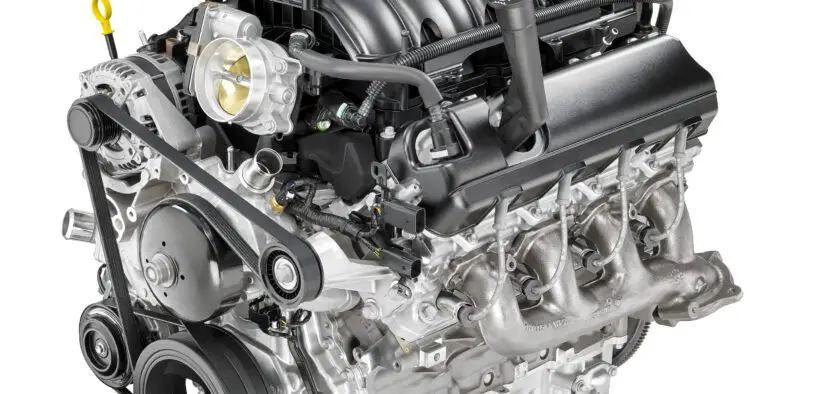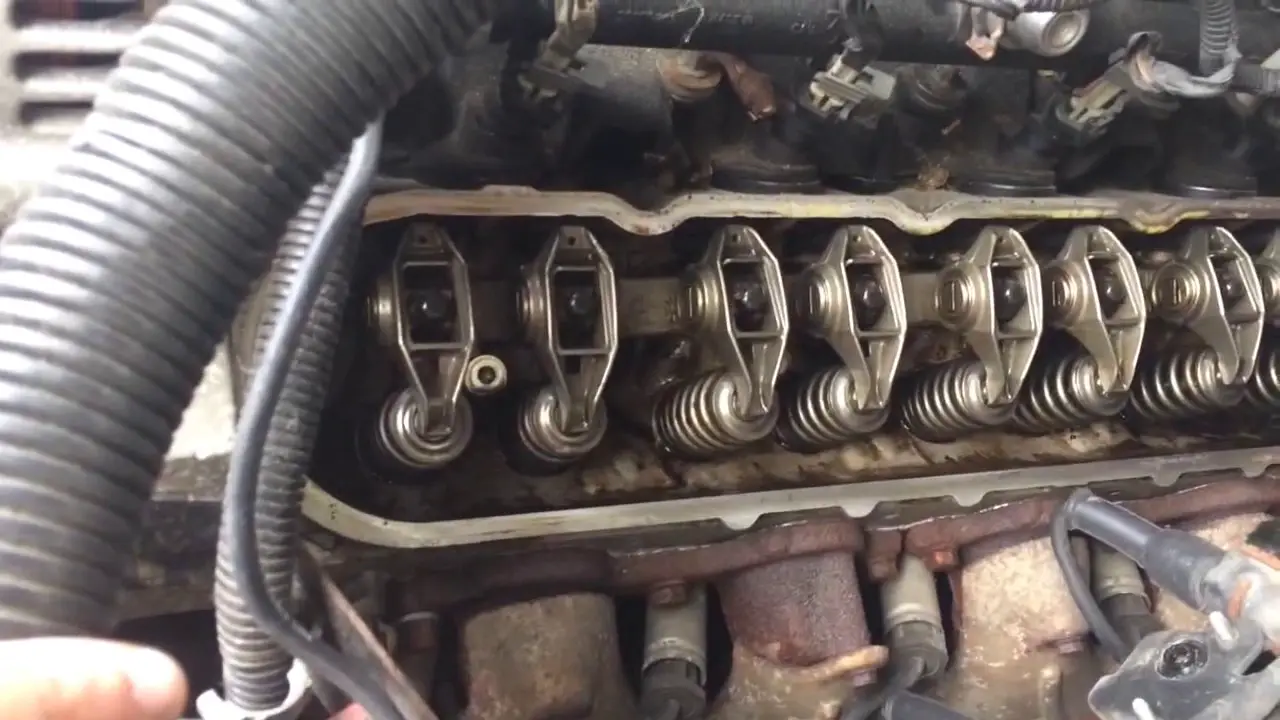If you’re a proud owner of a General Motors (GM) vehicle with a 5.3L V8 engine, you’re in good company. This powerplant has been a staple in many of America’s favorite trucks and SUVs, including various Chevrolet Silverado, GMC Sierra, and Cadillac Escalade models.
| Category | Details |
|---|---|
| Engine | GM 5.3L V8 |
| Common Vehicles | Chevrolet Silverado, GMC Sierra, Cadillac Escalade |
| Years Affected | Most common in 2007-2014, but not limited to these |
| Component Issue | Engine Lifters (Tappets) |
| Function of Lifters | Transfer motion from camshaft to valves, ensuring proper valve timing |
| Main Symptoms | 1. Engine ticking/tapping noise 2. Misfires 3. Reduced power 4. Check engine light (e.g., P0300 code) |
| Root Causes | 1. Active/Dynamic Fuel Management issues 2. High oil consumption 3. Design flaws 4. Extended oil change intervals |
| Impact on Owners | 1. Costly repairs ($2,000 – $4,000+) 2. Vehicle downtime 3. Decreased resale value 4. Safety concerns |
| Recommended Actions | 1. Listen for unusual noises 2. Regular, frequent oil changes 3. Use high-quality synthetic oils 4. Consider AFM/DFM delete 5. Keep service records |
| GM’s Response | – Issued service bulletins – Made design changes in later models |
| Owner Reactions | – Some joining class-action lawsuits – Many feeling actions are insufficient |
| Future Outlook | – Hope for improved designs – Shift towards EVs may change landscape |
Known for its robust performance and reliability, the 5.3L V8 has earned a special place in the hearts of many U.S. drivers. However, like any mechanical component, it’s not without its flaws. In recent years, a growing number of American motorists have been grappling with a particularly frustrating issue: lifter problems in their GM 5.3L engines.
Understanding Engine Lifters
Before we dive into the specific issues plaguing the GM 5.3L engine, it’s essential to understand what lifters are and their role in your engine. In simple terms, lifters (also known as tappets) are small cylinders that transfer the motion from the camshaft to the valves in your engine. They’re a critical component in the valve train, responsible for ensuring that your engine’s valves open and close at precisely the right moments. When lifters function correctly, your engine runs smoothly, delivering the power and efficiency you expect. However, when lifters fail, the consequences can be severe.
The GM 5.3L Engine:
A Brief History General Motors introduced the 5.3L V8 engine as part of its fourth-generation small-block engine family in the late 1990s. Over the years, this engine has seen various iterations, including the LM7, LH6, LY5, LMG, LC9, and LV3 variants. It’s been a popular choice for GM’s truck and SUV lineup due to its blend of power, fuel efficiency, and durability. You’ll find it in vehicles from model years 1999 all the way up to some current models.

The 5.3L Lifter Issue: What’s Going On? Despite its overall reliability, many American GM vehicle owners have reported significant problems with the lifters in their 5.3L engines. The issue seems particularly prevalent in models from the 2007-2014 range, which include many fourth-generation (2007-2013) and some fifth-generation (2014+) vehicles. However, complaints aren’t limited to these years.
The primary symptoms of lifter failure in the 5.3L engine include:
- Engine Ticking or Tapping: This is often the first sign. You might hear a distinct ticking or tapping noise, especially when you start your engine or during acceleration.
- Misfires: As lifters fail, they can cause valves to remain partially open, leading to misfires that make your engine run roughly.
- Reduced Power: You might notice a significant loss in engine power, particularly during acceleration or when towing heavy loads.
- Check Engine Light: Often, lifter problems will trigger your check engine light, sometimes with specific codes like P0300 (random misfire).
The root causes of these lifter problems in GM’s 5.3L engines are multifaceted:
- Active Fuel Management (AFM) or Dynamic Fuel Management (DFM): Introduced to improve fuel efficiency, these systems deactivate certain cylinders under light loads. The problem? The lifters responsible for this function can wear out faster or stick in the collapsed position.
- Oil Consumption Issues: Some 5.3L engines, particularly those from 2007-2014, are known for high oil consumption. Low oil levels can lead to inadequate lubrication, causing lifters to wear prematurely.
- Design Flaws: Some experts argue that the lifter design in certain 5.3L engines is inherently flawed, making them more prone to failure.
- Extended Oil Change Intervals: With modern oils allowing for longer intervals between changes, some lifters may not handle the extended use without fresh oil.
Impact on American Truck Owners
For many Americans, their truck or SUV is more than just a vehicle—it’s a workhorse, a family carrier, and often, a significant financial investment. When lifter problems strike a GM 5.3L engine, the impact can be substantial:
- Costly Repairs: Replacing lifters isn’t a small job. It often requires removing the engine’s heads, which can cost anywhere from $2,000 to $4,000 or more at a dealership.
- Downtime: In a country where many rely on their trucks for work or daily life, having a vehicle in the shop for days or weeks is a major inconvenience.
- Decreased Vehicle Value: A truck with a history of engine problems can see a significant drop in resale value, a concern for those who regularly trade up.
- Safety Concerns: Engine misfires and power loss can be dangerous, especially when merging onto highways or towing heavy loads.
What Can You Do?
If you’re an American GM truck or SUV owner with a 5.3L engine, here are some steps you can take:
- Listen and Monitor: Be attentive to any unusual engine noises or performance changes. Early detection can prevent more severe damage.
- Regular Maintenance: Stick to a rigorous oil change schedule, perhaps even more frequently than the manual suggests.
- Use High-Quality Oil: Opt for high-quality synthetic oils that provide better engine protection.
- Consider an AFM/DFM Delete: Some owners choose to disable the Active Fuel Management system. While this may impact fuel economy, it can extend lifter life.
- Keep Records: Maintain detailed service records, which can be valuable if you need to claim warranty work or resell your vehicle.
- Stay Informed: Follow GM owner forums and keep an eye on any recalls or service bulletins related to your model.
GM’s Response and the Road Ahead General Motors hasn’t been deaf to these concerns. Over the years, they’ve issued several service bulletins and made design changes to address lifter problems. Some later models have seen improvements, and there’s hope that forthcoming engine designs will further tackle these issues.
However, for many American GM 5.3L engine owners, these steps may feel too little, too late. Some have even joined class-action lawsuits against GM, arguing that the company knew about these defects but failed to properly address them.
As we look to the future, it’s clear that engine technology is evolving. With the rise of electric vehicles (EVs) and hybrid powertrains, traditional engine concerns like lifter failure may become relics of the past. But for now, millions of Americans still depend on their trusty V8-powered trucks and SUVs.
Conclusion
The GM 5.3L engine has been a stalwart in America’s automotive landscape, powering countless adventures, workdays, and family trips. Its lifter problems, while significant, don’t entirely overshadow its long history of service. However, for affected owners, the issue is more than just a statistic—it’s a real-world problem that impacts their daily lives and wallets.
Also Read:
- Kia K5 Engine Problems: A Comprehensive Guide
- Understanding Your Car’s Power Steering Warning Light: A Comprehensive Guide
- The 6.6L Duramax Engine: A Deep Dive into Common Problems
- Tundra Engine Problems: A Comprehensive Guide for Toyota Owners
- Ford 4.2L V6 Engine Problems: A Comprehensive Guide
- Ford 3.5L V6 EcoBoost Engine Problems: A Comprehensive Analysis
- Ford 5.4 Engine Problems: A Deep Dive into America’s Workhorse
If you’re experiencing lifter issues with your GM 5.3L engine, know that you’re not alone. Thousands of fellow American truck owners have walked this road. By staying informed, proactive, and vocal, you can navigate this challenge and work towards a solution. Whether it’s through better maintenance, mechanical fixes, or even transitioning to a different vehicle, there’s a path forward.
The open road is a quintessential part of the American experience, and for many, that road is traveled in a GM truck or SUV. Here’s hoping that the journey ahead is smoother, quieter, and free from the tick-tick-tick of troublesome lifters.

